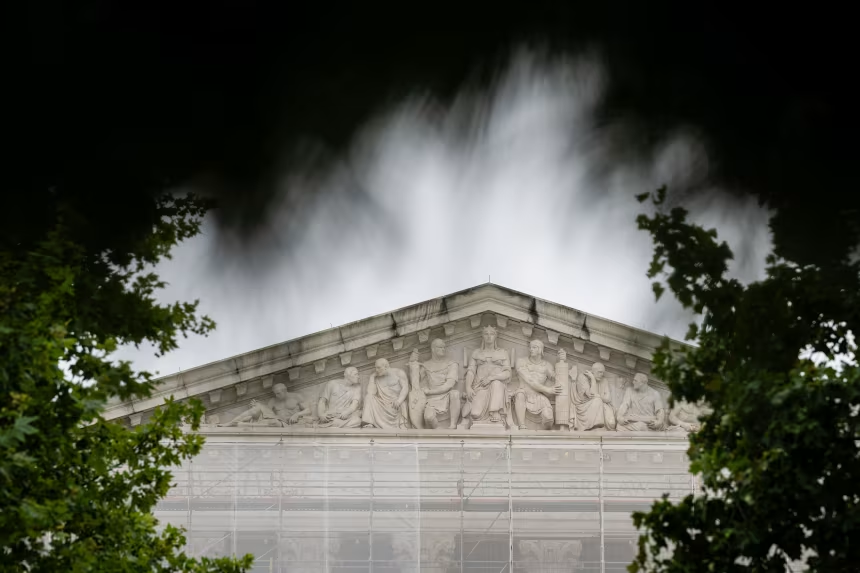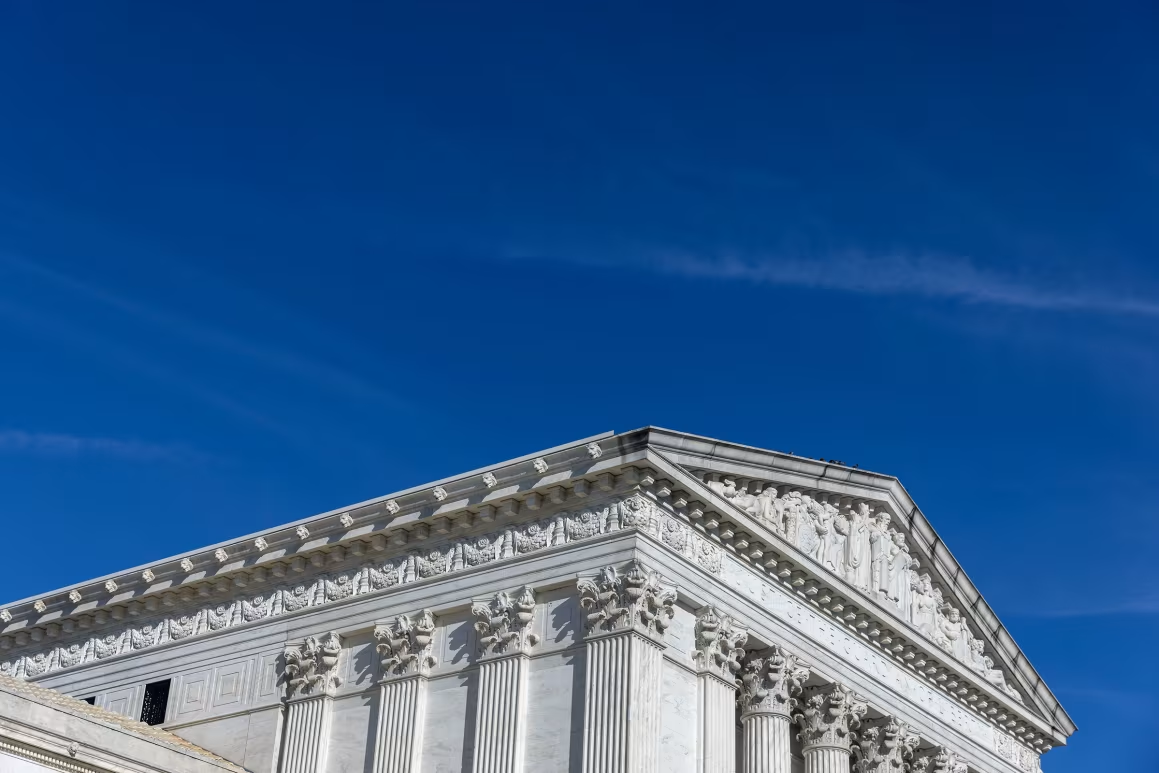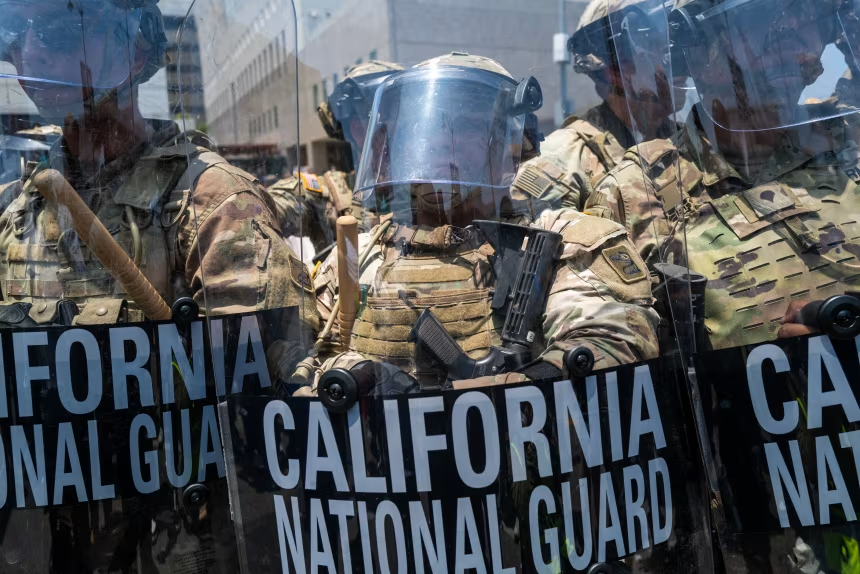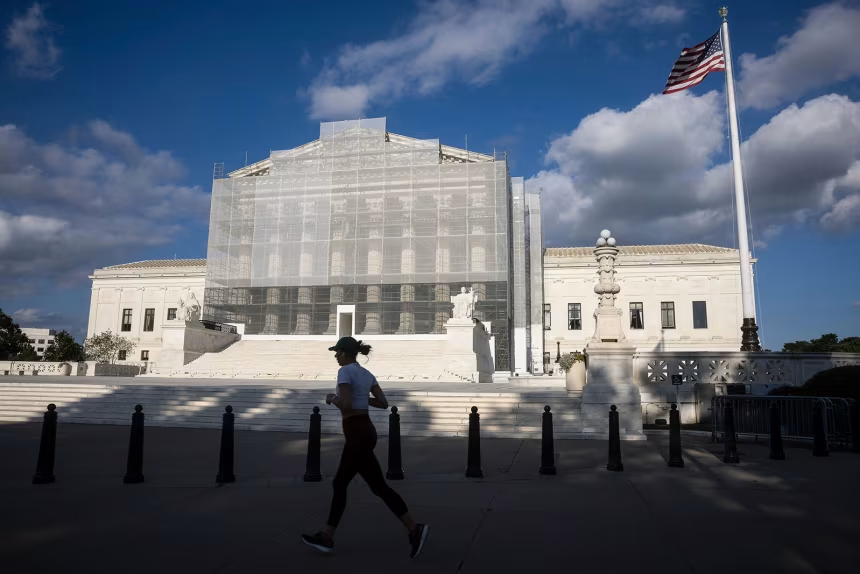The U.S. Supreme Court is under fire for how often it has stepped in to support President Trump’s policies without letting lower courts finish their reviews. These rulings often come through what is called the “shadow docket,” which allows the Court to make quick decisions without full arguments or written opinions. Critics say this weakens checks and balances and gives the impression that the Court is favoring Trump.
One major ruling, Trump v. CASA, limited the ability of lower courts to issue nationwide injunctions that block presidential actions. The decision, backed by six justices, means executive orders will face fewer immediate challenges. Justices Sonia Sotomayor, Elena Kagan, and Ketanji Brown Jackson dissented, warning that the ruling strips courts of an important tool to protect constitutional rights.
In another case, the Court allowed the Trump administration to cut nearly $800 million in federal research funding, money that had supported studies on minority health and LGBTQ+ issues. Justice Jackson called the ruling a dangerous step backward for science and public health.
Legal experts warn that the Court’s growing use of the shadow docket risks eroding public trust. They argue that quick decisions without full review create the perception that the Court is bending the rules to help the Trump administration, while holding other administrations to stricter standards.







